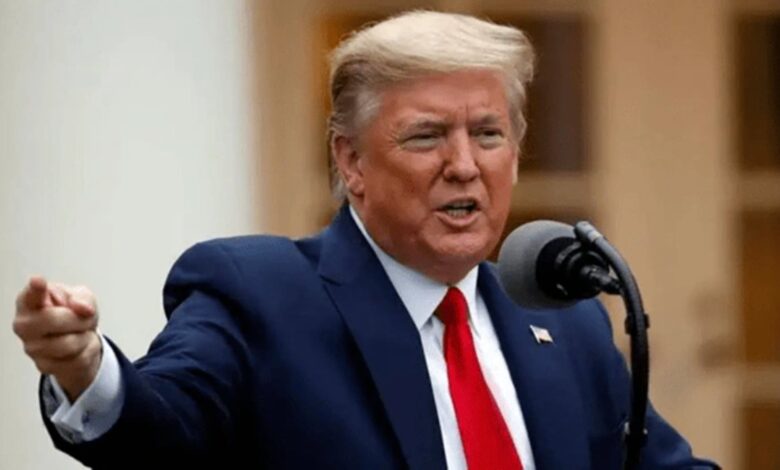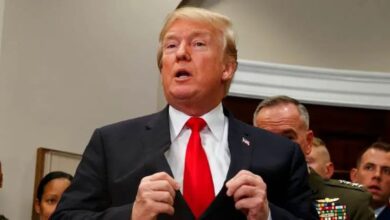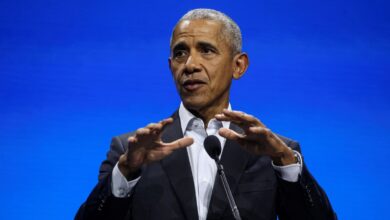Who are the ‘Dirty 15’ trade partners of US, set to suffer most from Trump’s tariffs?? | World News

US President Donald Trump is set to impose new tariffs starting April 2, marking what he calls “Liberation Day” for America.
These tariffs will target countries that impose high duties on US goods or follow restrictive trade policies that the White House considers unfair.
The adminration hasn’t released a l, but targeted nations are expected to be close to those laid out the US trade representative in a Federal Reger notice last month, which directed commenters to focus on economies with trade imbalances with the US.
Story continues below this ad
Who are the ‘Dirty 15’?
US Treasury Secretary Scott Bessent last week referred to a group of nations as the “Dirty 15”—countries that impose steep tariffs and trade barriers on US goods.
While the exact l remains undisclosed, the US Commerce Department’s 2024 trade deficit report suggests that the following nations may be affected:
China, European Union, Mexico, Vietnam, Ireland, Germany, Taiwan, Japan, South Korea, Canada, India, Thailand, Italy, Switzerland, Malaysia, Indonesia
In addition, the Office of the US Trade Representative (USTR) has flagged 21 nations for unfair trade practices, including:
Argentina, Australia, Brazil, Canada, China, European Union, India, Indonesia, Japan, South Korea, Malaysia, Mexico, Russia, Saudi Arabia, South Africa, Switzerland, Taiwan, Thailand, Turkey, United Kingdom, Vietnam
Trump’s recent remarks suggest that even more countries could face trade measures.Story continues below this ad
What tariffs will be imposed?
The tariffs are expected to vary across countries and industries. Trump has previously imposed broad tariffs on steel and aluminium, levies on foreign automobiles, and targeted duties on Chinese goods.
The new measures could include additional duties on pharmaceuticals and semiconductors, higher tariffs on automobile imports starting April 4, and increased trade barriers on manufactured goods from countries with large trade surpluses with the US.
Trump had said over the weekend that Washington is open to negotiations on reciprocal tariffs, but that “those pacts” would have to be discussed after the reciprocal tariffs go live on April 2. And, unlike his first term, the American president seems unconstrained the impact his policies have on the American financial markets.
Trump also appeared to shrug off the inflationary effect of his proposed measures, stating openly that he is not bothered about higher car prices on account of the tariffs. And unlike his previous term in office, where he was kept under check some of his staffers, this current set of officers are simply cheering him along.Story continues below this ad
US Treasury Secretary Scott Bessent, a venerated hedge-fund titan, has stated on record that the economy could benefit from a “detox”. US Commerce Secretary Howard Lutnik, another respected business leader, has been a big cheerleader of the tariff hikes.
© IE Online Media Services Pvt Ltd
Expand






